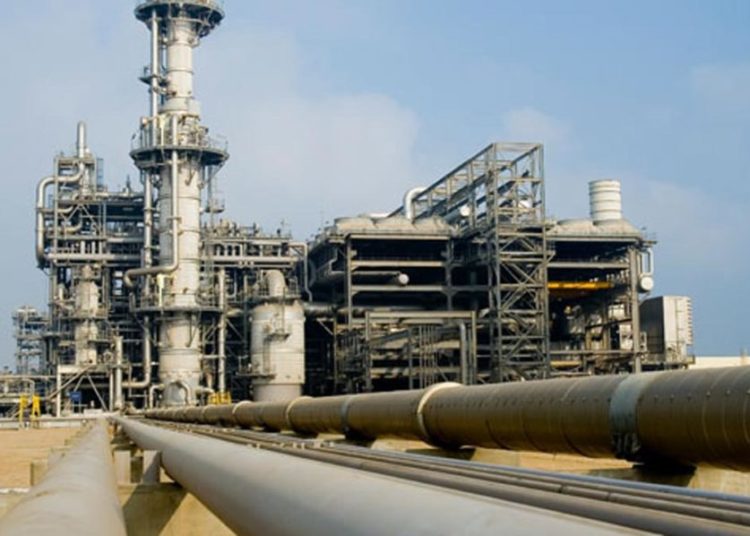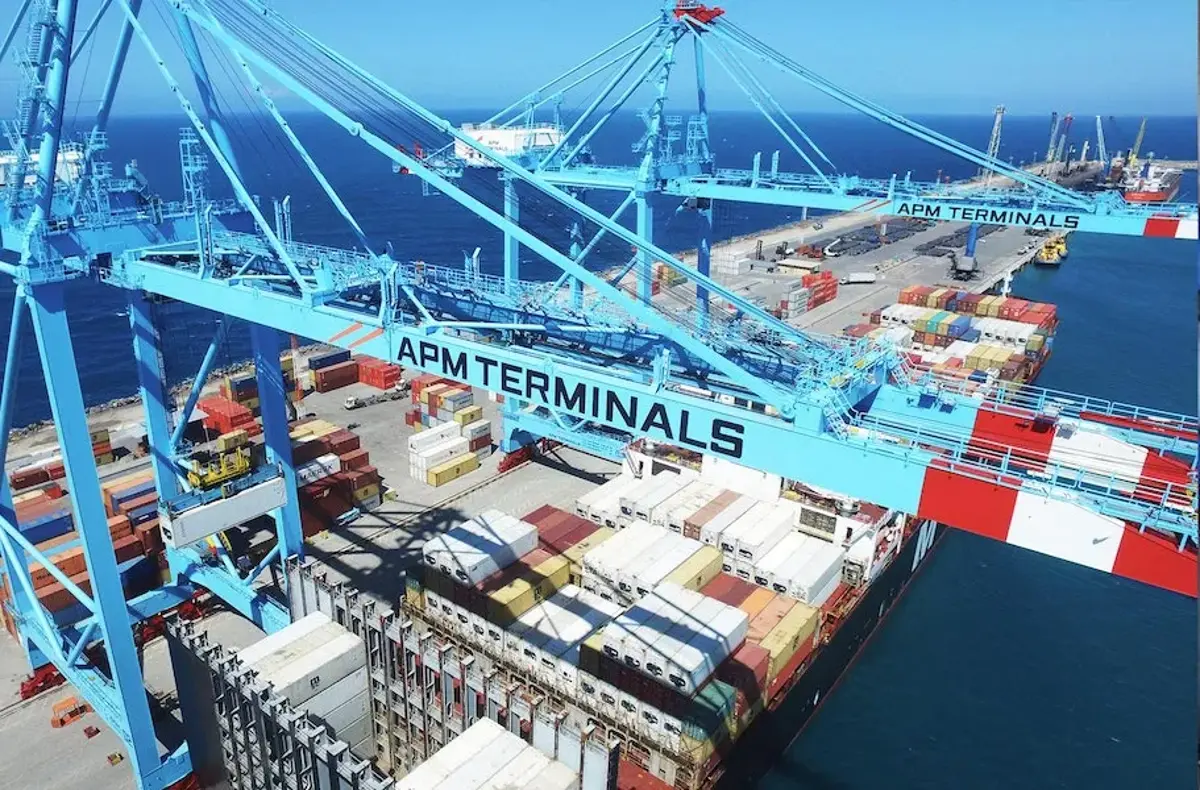Last week, the European Union (EU) moved to replace gas from Russia with Nigerian gas following the Russian invasion of UKraine and the global energy crisis triggered by the raging war as well as the consequences on European countries.
The deputy director-general, Department for (Energy), European Commission in Brussels, Mr Matthew Baldwin told a news conference in Abuja, that the EU will meet with Nigerian top government officials and private sector players, including key stakeholders in the country’s Energy Sector to work out the modalities.
EU and its allies have slammed multiple sanctions on the Vladimir Putin’s Government in Russian as the EU’s executive body had urged member states to slash their gas consumption by 15 per cent warning that a complete shutdown of Russian supplies was “likely”.
Over the years, the EU depended so much on Russia’s gas and got about 40% of its gas supply from Russia but since the war in Ukraine, the bloc has struggled to to wean itself off Russian gas and now it faces a difficult situation with a threatening energy crisis this winter as Russia also seeks to ‘weaponise’ gas supply.
“In summary, I am on a mission from Europe to try to deliver Liquefied Natural Gas (LNG) today in the context of NLG partnership with Nigeria.
“Europe is in a tight spot in relations to gas, following the Russian invasion of Ukraine and the instability in our gas market and the threat of cutting off supply altogether.
“So, we have launched the energy platform task force and the primary goal is to reach out to our reliable partners such as Nigeria to replace the gas from Russia with gas from reliable partners,” Baldwin said.
The EU had launched a gas demand reduction plan and is looking to reduce demand of gas by 15 per cent to manage the demand aspect of the equation.
“To be clear, we need to manage the supply side and that’s why we want to expand what is currently at 14 per cent shares of our total LNG import from Nigeria and we want it to go up.
“Our gas percentage was 60 per cent but now we want to go up,” he said.
The Nigerian products have an extraordinary potential and that was why EU wanted to expand the short- term delivery. But on what modalities will the collaboration work that will make Nigeria benefit immensely from this opportunity?
Baldwin sounded optimistic that the partnership with Nigeria on the gas supply will commence by the end of August, adding that it would create a long-term partnership with Nigeria.
Head of the EU delegation to Nigeria and ECOWAS, Ms Samuela Isopi, in her remarks, said that the bloc was doing its part in contributing to the energy sector through different collaborations with Nigerian Government.
She said “currently, EU’s contribution stands at 400 million euros “
She added that EU as a bloc remains Nigeria’s biggest trading partner accounting for more than 20 per cent of Nigerian trade with the world.
According to current data, in 2021 the volume of EU-Nigeria trade stood at 28.7 billion euros (an increase of more than 25 per cent over 2020) with a trade balance of 6.4 billion euros in favour of Nigeria.
According to energy analyst Maximilian Hess, Russia’s brutal invasion of Ukraine and the consequent geo-economic war between the Kremlin and the West disrupted global gas markets at a scale unprecedented in recent history.
“The Kremlin’s use of its power over energy markets as leverage – and Europe’s efforts to wean itself off of Russian natural gas and avoid a massive shortage this winter – are triggering price hikes and rerouting flows around the world. The coffers of both the developed and developing world are being drained,” he said.
Russia has been slammed with multiple sanctions but it is taking retaliatory measures using the global energy crisis it created to sustain its economy amid the crippling sanctions.
The Putin government has capitalised on Europe’s huge dependency on its gas dependency to pressure Western powers to reduce their antagonistic positions over Russia’s invasion of Ukraine.
Earlier this week, Moscow moved further to increase its pressure on Europe when it announced plans to reduce gas supplies through the Nord Stream 1 pipeline to Germany to just 20 percent capacity.
According to Hess “Such conflict-driven demand reduction, however, means that an already likely recession is now all but guaranteed. Following Gazprom’s latest cuts, analysts already predict the EU will not be able to reach its own target of refilling gas storage to 80 percent capacity by winter. Now that Europe made it clear that it is finally – and perhaps much belatedly – ready to take the steps to cut its need for Russian gas at any cost, the Kremlin will do everything it can to inflict maximum pain on Europe in the short term, while the dependency remains.
“Europe’s leaders are now facing the herculean task of simultaneously helping their industries survive on a reduced energy supply, supporting Ukraine’s war effort and maintaining public support for the sanctions regime amid a cost-of-living crisis largely manufactured by Russia that seems to have no real end in sight.”
Now that Europe needs to address the supply side of the problem to be able to shore up its economy that is why it needs gas from Nigeria and other partners. But will the Nigerian alternative help Europe in these difficult times? The answer to this question lies within the bowels of time.
We’ve got the edge. Get real-time reports, breaking scoops, and exclusive angles delivered straight to your phone. Don’t settle for stale news. Join LEADERSHIP NEWS on WhatsApp for 24/7 updates →
Join Our WhatsApp Channel










